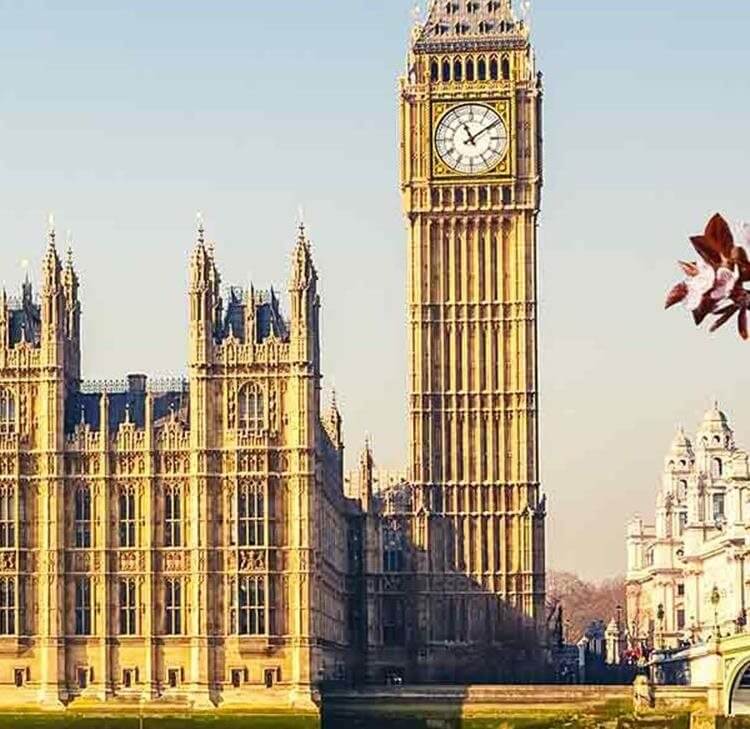We previously brought you news that the government has introduced the Strikes (Minimum Service Levels) Bill, which, if enacted, will introduce minimum service levels in a number of sectors, including health, during strike action.
The Bill is currently making its way through parliament, but in anticipation of it becoming law, the Department of Health and Social Care (DHSC) has launched a consultation seeking views on minimum ambulance service levels during a strike.
The consultation aims to inform the government as to whether ambulance services should be caught by minimum service level regulations, and if so, what those minimum service levels should look like.
The proposed approach is that the minimum service level would require that all 999 emergency calls are answered during strike days. Calls would be categorised according to priority (as is the case on non-strike days) and resource would be in place to respond to all calls classed as “life-threatening” or “emergency”. Based on current data these calls account for 15% and 65% respectively of all calls received on a daily basis and could include stroke, chest pain, loss of consciousness, breathing difficulties, major lacerations, compound fractures, sepsis and major burns, among other incidents of similar severity.
This would mean that employers responsible for running ambulance services would be required to ensure there were enough workers available on strike days to respond appropriately to these calls. Employers would also need to ensure that there was adequate cover in place for support services such as IT, and for control room, recovery and fleet maintenance mechanical support. Accordingly, those who could potentially be required to work on a strike day would be broader than call handlers, dispatchers, ambulance crews and paramedics.
The DHSC say that the priority is to keep patients safe during any strike action, whilst still recognising the importance of the right to strike. Therefore, the minimum service level being proposed aims to find a balance between the two.
However, whilst calls not classed as a life-threatening and emergency incidents would not necessarily be responded to by the ambulance service, they may be responded to if they had capacity on a strike day to answer those calls. Therefore, service above what is considered to be the minimum service level, could potentially be maintained during a strike day.
The consultation opened on 9 February 2023 and will close at 11:45pm on 7 May 2023.








![Contractual liability for all inclusive treatment: Bartolomucci v Circle Health Group Limited [2025]](/getattachment/95f9533b-f99c-4fcc-b8d5-3f93904b8242/shutterstock_1265400856.jpg?variant=HeroImageTabletVariantDefinition)

































